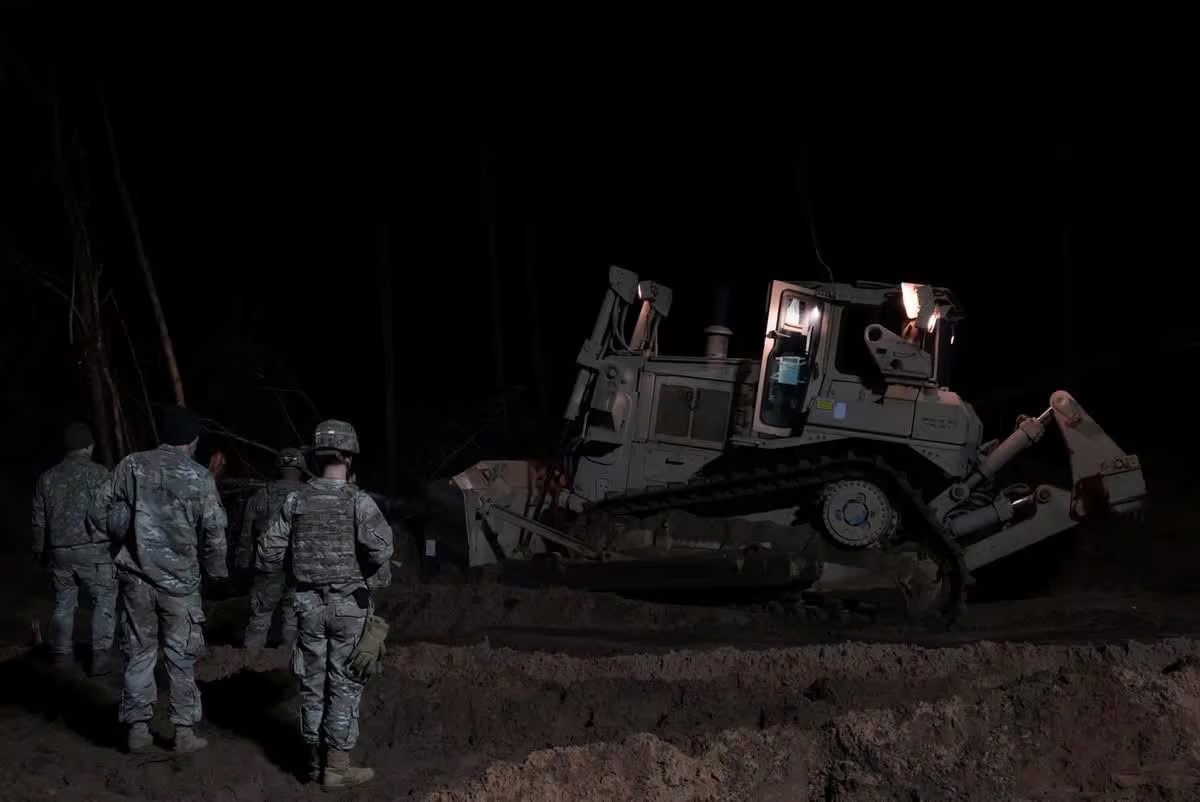The Russian investigation into election meddling took another big turn Wednesday evening when the Department of Justice named former FBI director Robert Mueller as a special counsel in the probe.
Deputy attorney general Rod Rosenstein made the final call on the matter (after attorney general Jeff Sessions recused himself from the investigation) citing a need for a “degree of independence”.
Note Deputy AG Rosenstein says this appointment necessary because more "independence" on Russia is needed to serve the public interest: pic.twitter.com/Zfj0QG47d9
— Ari Melber (@AriMelber) May 17, 2017
Nominated by George W. Bush back in 2001 – and starting a week before the September 11th attacks – Mueller was the immediate predecessor to the ousted James Comey and was asked by President Obama to extend his 10 year term by two years.
The choice of Mueller has been meant with bipartisan support as the former director’s time at the FBI saw essentially zero scandal while many in and around Washington see him as one of the best prosecutors and law enforcement officers in the country.
So what does this mean for the White House? Well it’s another bombshell development for an executive branch that’s in extreme turmoil. After White House press secretary Sean Spicer said earlier in the week that special counsel wasn’t necessary, Mueller’s team will be able to work independent of any government agency while the Donald Trump administration will have little to no control on the scope of investigation.
Meanwhile, Senate and House investigations will continue however as a special counsel, Robert Mueller will be able to bring criminal charges unlike any congressional probes. Additionally, Mueller and his proposed team will be able to interview witnesses and potential suspects like the President as well as subpoena possible damaging documents like a tax return.
Bottom line everyone, if you thought that last 48-hours produced a lot of fireworks, get ready for plenty more.










